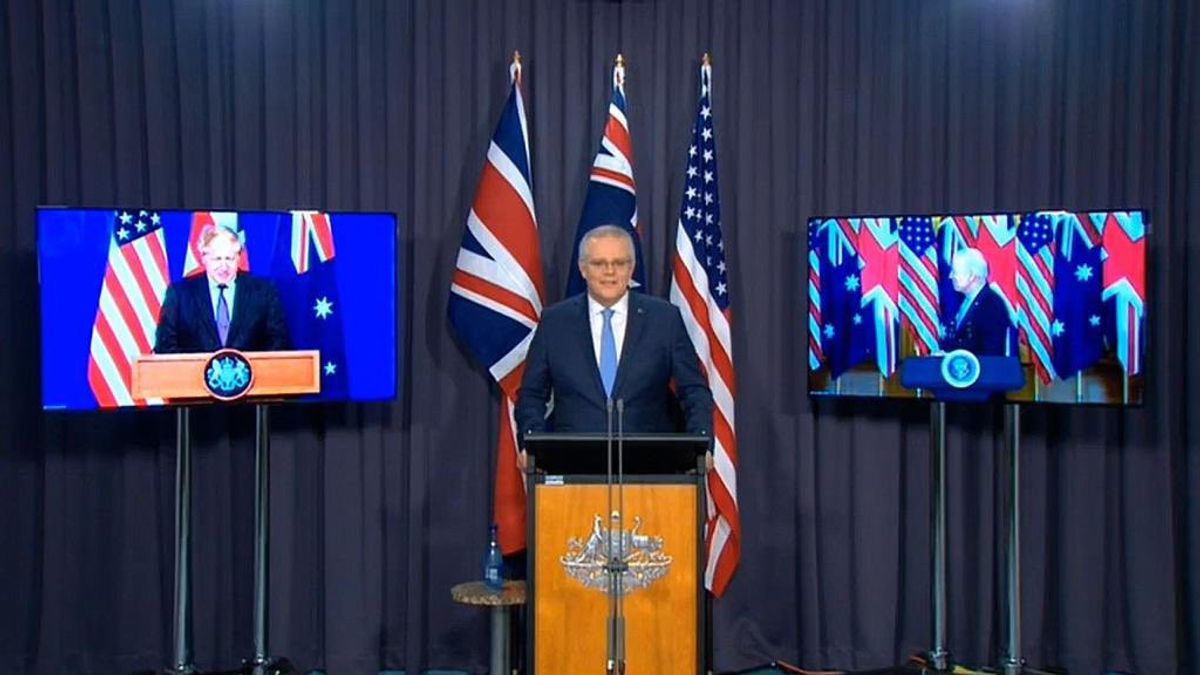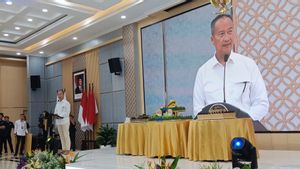JAKARTA – Many countries are now continuing to build large-scale electric charging stations for electric vehicles. This program is to address the shift to zero carbon vehicles which has already been initiated in many countries.
The Australian government on Tuesday, November 9, pledged an AUD 178 million (Rp 1.8 trillion) project to scale up the rollout of hydrogen fueling stations and charging for electric vehicles (EVs). However, the measure has received sharp criticism because it is still far from global best practice.
Green activists and EV advocates have called for tax breaks and sales targets to increase the uptake of cleaner vehicles in a country, where transportation is the third-biggest source of greenhouse gas emissions.
Australian Prime Minister Scott Morrison said the investment provided an "Australian way" to lower transport emissions, repeating a slogan he introduced recently to describe the country's middle ground on climate change policies.
"We will not force Australians out of the cars they want to drive or punish those who are least well off through bans or taxes," Morrison said in a statement. "Instead, this strategy will work towards lowering the cost of low- and zero-emissions vehicles."
The strategy should reduce carbon emissions by more than 8 million tonnes by 2035, the government said, based on projections that battery electric and plug-in hybrid electric vehicles will account for 30% of annual sales of new cars and light trucks by 2030.
However, the Electric Vehicle Council called the strategy an "igniter", saying it should at least incorporate fuel efficiency standards and EV rebates to give Australians more choice.
"If Australia continues to be the only developed country without fuel efficiency standards, then we will continue to be the world's dirtiest vehicle dump," the council's chief executive, Behyad Jafari, said in a statement.
Morrison in 2019 slammed the opposition Labor Party's proposal to target half of all new car sales to be electric cars by 2030, saying the policy would "end the weekend" for Australians wanting to tow their trailers and boats to go camping.
Sales of electric batteries and plug-in hybrid vehicles in Australia reached a record 8,688 in the first half of 2021, but accounted for only 1.6% of the country's total light vehicle sales. In Norway, a global leader in the shift to low-emission cars, said battery electric vehicle sales accounted for nearly 80% of new car sales in September.
Transport infrastructure funding was announced just weeks after Morrison adopted a net zero carbon emissions target by 2050 in the face of international criticism that Australia's major coal and gas producers are not doing enough to tackle climate change.
The English, Chinese, Japanese, Arabic, and French versions are automatically generated by the AI. So there may still be inaccuracies in translating, please always see Indonesian as our main language. (system supported by DigitalSiber.id)













